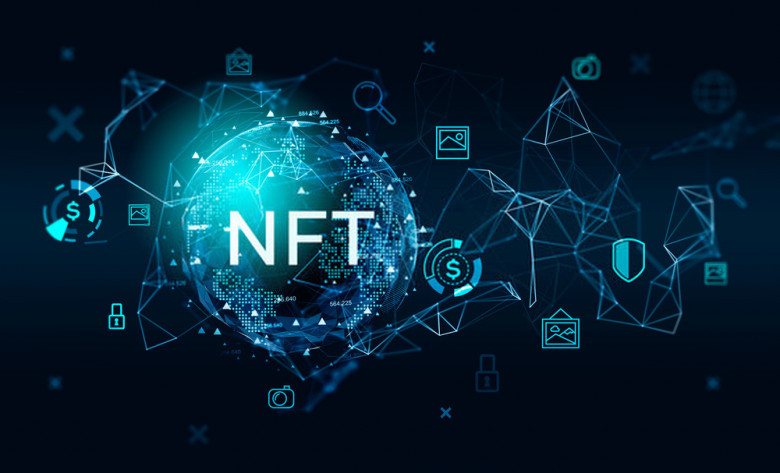views

A Practical Take On No-Code NFT Platform vs. Traditionally-Coded NFT Platform
It won’t be an exaggeration to say that 2021 has been the impetus of non-fungible tokens (NFTs). The factors like NFT’s immutable characteristics and the need for alternative mediums (for real-world artists) have propelled the NFT boom. The highlighting thing about NFTs (in 2021) is the emergence of launchpads for NFT-specific projects. An NFT launchpad is nothing but an all-NFT infrastructure that functions as the foundation for an NFT launch.
But then, the primary topic of the NFT space is whether to use coded or no-code NFT platforms. As Richie Norton says, “Confusion, when embraced, is the starting point for discovery, direction, and decision,” the debates (on NFTs) have led to the emergence of a relatively-new no-code launchpad concept.
Here’s a primer on what no-code means, how it compares to the traditional launchpad, and of course, which one precedes.

No-code vs. Traditional launchpad
For a variety of reasons, the distinction between no-code and traditional development is a little hazy.
Most NFT admirers had relied on traditional launchpads for some time now; however, it was Guardian Link’s No-Code NFT Launchpad that led to an influx of discussions. But wait - we had to clear one thing. No-code isn’t entirely code-free; it is a pre-coded approach that utilizes drag-and-drop interfaces to help users attain their desired functionality.
If a traditionally-coded launchpad is more flexible, then a no-code launchpad is fast and brims with self-serving characteristics. We have to be honest here - (at this point) most NFT launches utilize traditionally-coded launchpads to leverage the power of coding. But then, we don’t know what the future holds - like WordPress (a no-code platform), which became vital in web development and content management.












